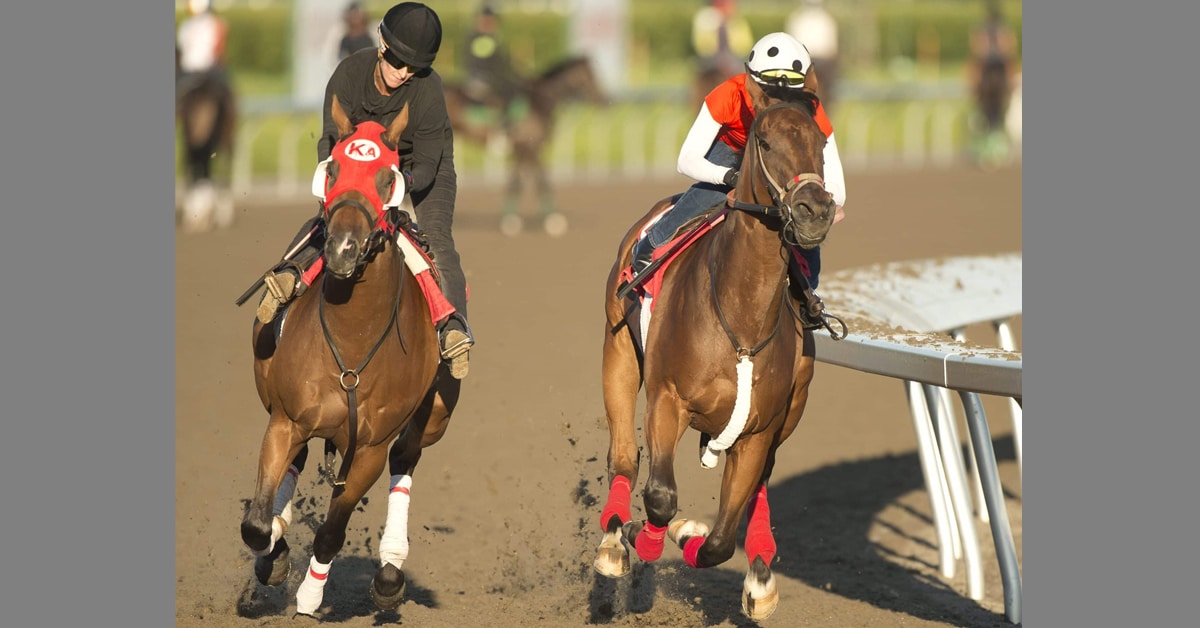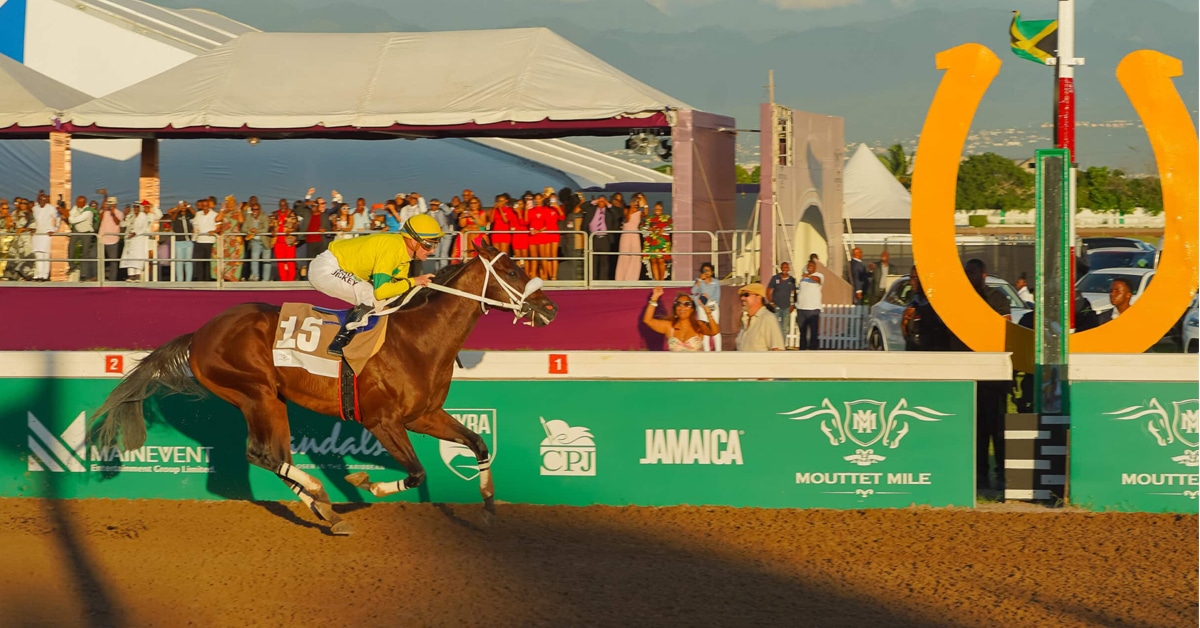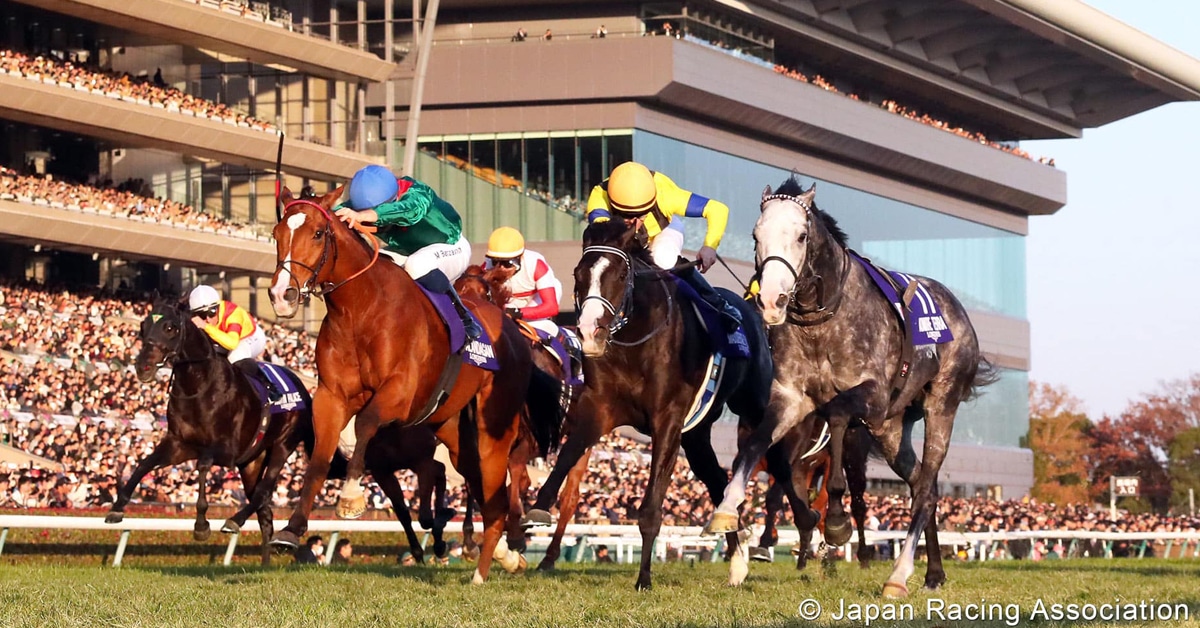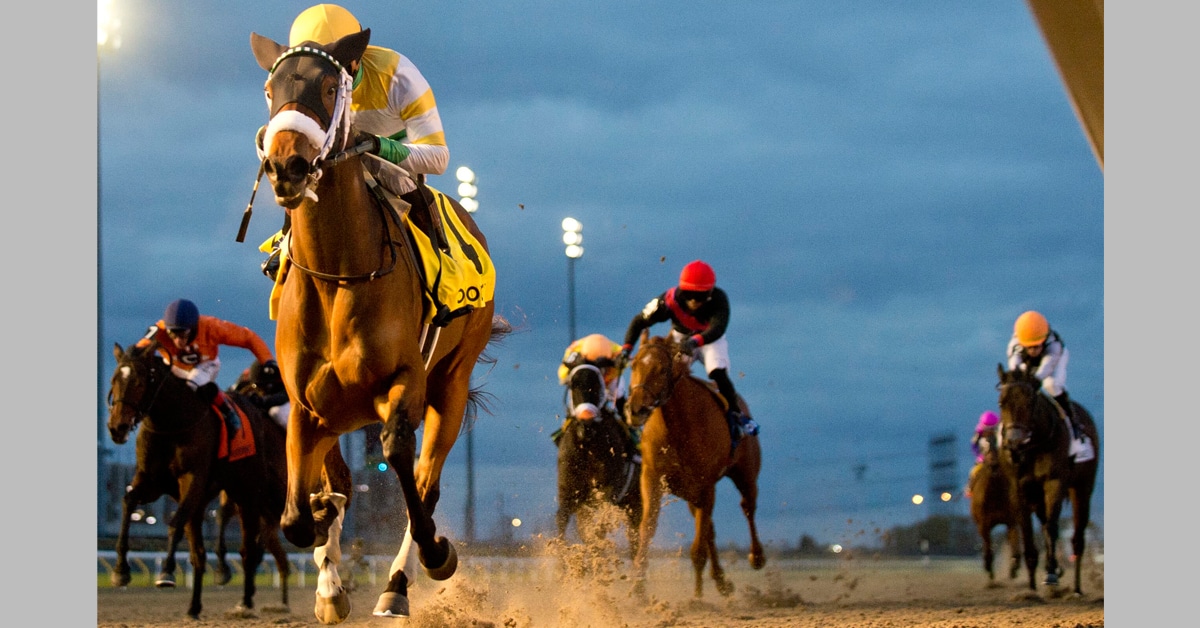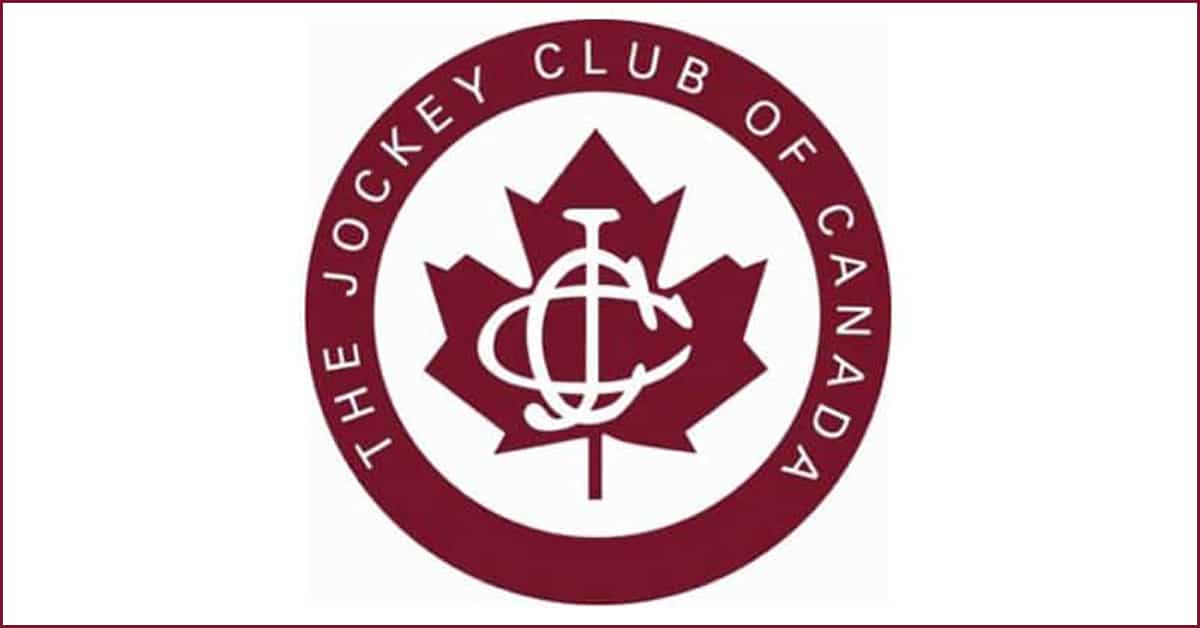Woodbine Entertainment, Ontario Racing and Racetracks of Canada have approached the Federal Government requesting the legalization of Historical Horse Racing (HHR) which would provide much-needed financial relief to the Canadian horse industry without requiring government funding.
As a result of COVID-19, many sporting events including horse racing are no longer taking place across the country. This is a prudent move, designed to ensure the safety of both spectators and the people who work in these sectors.
An unfortunate outcome of this shutdown is that the horse industry has given up a critical stream of revenue, which is used to provide necessary funding for the care of horses and to support the overall horse economy. This includes more than 47,000 people who depend on it for their livelihoods.
The legalization of HHR is an innovative horse industry solution that would provide a much-needed injection of funds to the care of horses and support the livelihoods of those who work in the horse industry. HHR would provide support during the immediate crisis period, as well as during any future shutdowns that may be necessitated by the potential of a second- or third-wave of COVID-19.
This solution is unique because it provides an opportunity to offer a sustainable economic solution for an entire industry, without the need for any increase in public funding.
Horse Industry Facts:
Canada’s horse racing industry generates more than 47,000 full-time equivalent jobs across rural and urban Canada and contributes $5.6 billion annually to the national economy.
What is Historical Horse Racing?
HHR is a gaming product where individuals can wager on horse races that have occurred in the past. The product leverages a database of historical horse races and presents handicapping information in a manner where the player cannot identify the race prior to locking in the wager. Once the wager is placed, full information is presented and the race is “run”, providing a similar experience to a live race. Leveraging HHR can create a model where gamers who wager on horse racing pay for the emergency sustainability of our horses. The product can be offered through an existing online platform.
The HHR product is common in many jurisdictions including Kentucky and Virginia in the United States and runs on existing datasets. In order to make this a reality, HHR requires a technical change to the definition of the term “bet” in the Criminal Code of Canada. The term “bet” is defined in Section 197(1) of the Criminal Code of Canada as “an event that is to take place”. This precludes wagering on events that have occurred in the past such as HHR, even though it is anonymized.
More News
